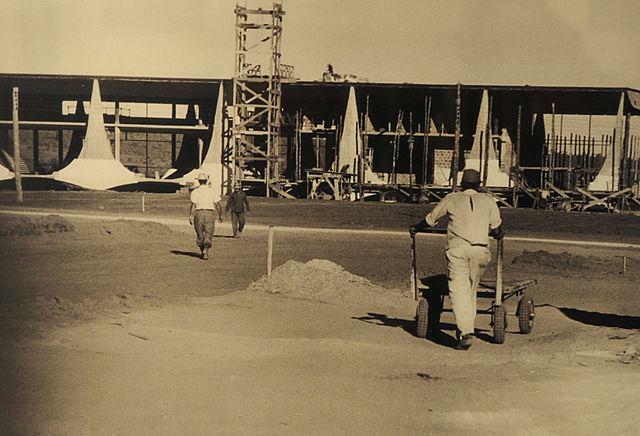The aerospace industry has just taken a giant leap forward with Space Pioneer, a Chinese space start-up, which launched the world's first coal-powered rocket.
See too: Unraveling the Soda Industry's Biggest Fail: Crystal Pepsi
see more
MCTI announces the opening of 814 vacancies for the next portfolio contest
The end of it all: scientists confirm date of when sun will explode and…
First coal rocket is a revolutionary leap in the aerospace industry
The Tianlong-2 rocket, propelled by coal-based aviation kerosene, is considered a milestone in the history of space exploration. This incredible innovation promises to bring safe, efficient and sustainable energy to power China's aerospace industry.
Unlike traditional fuels, the coal-based aviation kerosene developed by Space Pioneer has shown equivalent performance to petroleum-derived aviation kerosene.
Furthermore, space experts point out that this discovery offers a viable solution to fill the fuel shortage in the Chinese aerospace industry.
Rocket fuel production can secure China's future

Rocket engines require a premium fuel, and the complex process of extracting traditional kerosene from petroleum high-quality fields have always faced challenges, especially in China, with its limited reserves and average field quality petroleum.
The launch of the Tianlong-2 rocket is considered a historic achievement in the global aerospace industry. This technological breakthrough was praised by China Space News, a newspaper affiliated with the Aerospace Science and Technology Corporation of the China.
The vehicle also highlighted that, the ample supply of fuel for the Chinese aerospace industry guarantees the country's energy security and paves the way for a new generation of carrier rockets.
The researchers involved in the development of this revolutionary fuel are excited about its future applications. After years of great efforts, the 165th Institute of China Aerospace Science and Technology Corporation managed to establish a production line with an annual capacity of 5,000 tons of aviation kerosene based on of coal.
It is estimated that this amount is enough to supply more than 30 flights. By 2025, annual production will be increased to approximately 30,000 tonnes to meet growing demand.
The new space age and its promising future
After rigorous testing and development, the research team overcame numerous technical hurdles, arriving at the core formula and performance tweaks for coal-based aviation kerosene.
Later engine warm-up tests demonstrated comparable performance to petroleum-based aviation kerosene, which was considered an early triumph by researchers. On April 2, the Tianlong-2 rocket successfully took off, powered by this innovative fuel.
This advancement is not just limited to the Tianlong-2 rocket. The YF-102 liquid rocket engine, developed by the 6th Academy of Aerospace Science and Technology, is the standard engine for China's new generation of launch vehicles.
This series of rockets could use coal-based aviation kerosene as a fuel, exploiting the country's abundant coal resources and its state-of-the-art conversion technology.
The launch of the Tianlong-2 rocket powered by coal-based aviation kerosene is a historic milestone that will boost the space exploration and open the door to future discoveries and technological advancements, as well as placing China at the forefront of the industry aerospace.



